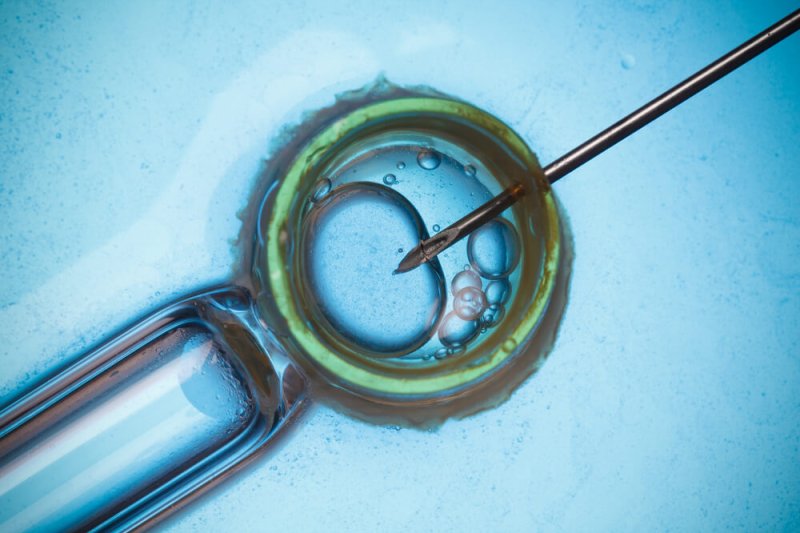Doctors in Newcastle have been granted permission to create Britain’s first “three-person babies” for two women who are at risk of passing on devastating and incurable genetic diseases to their children.
The green light from the fertility regulator means that doctors at the Newcastle Fertility Centre will now attempt to make healthy embryos for the women by merging fertilised eggs created through standard IVF with DNA from female donors.
…
The women will be the first in Britain to have so-called mitochondrial donation therapy, a radical IVF procedure that was made legal by parliamentary vote in 2015. The Newcastle centre was granted a licence to perform the treatment, also known as mitochondrial replacement therapy, in March last year.
While doctors at Newcastle Fertility Centre said they could not to talk about the cases, citing patient confidentiality, minutes from the HFEA’s approval committee reveal that the two women carry mutations in a gene that causes a rare condition known as myoclonic epilepsy with ragged red fibres, or Merrf syndrome.
…
The two women in Newcastle will not be the first in the world to have the therapy. In 2016, John Zhang, a doctor at the New Hope Fertility Center in New York, announced the birth of an apparently healthy child created in a similar way at a clinic in Mexico.
Read full, original post: UK doctors select first women to have ‘three-person babies’































